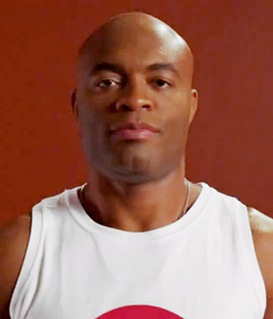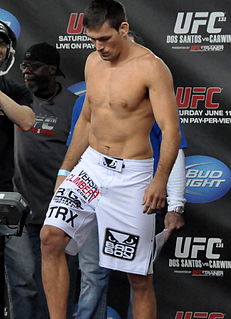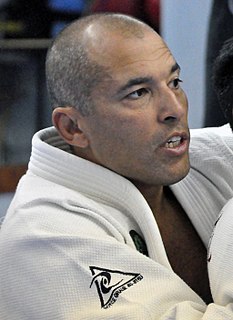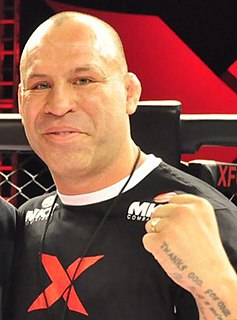A Quote by Kleber Mendonca Filho
I've seen a lot of Brazilian films and most times I kind of react negatively, because of the way I think they portray places they don't really know or care about. This is something that I specifically tried to avoid in my film.
Related Quotes
I like a lot of good European films, good - anything really. I'm a big fan of Netflix and I get films from them all the time. If I hear about something that I don't know, that I haven't seen, forgot about, I immediately jot it down and add it to my Netflix list or if there's a film that's available that I haven't seen for many years, I get that.
I think subjectivity plays into everything. It's unavoidable; you couldn't avoid it if you tried. I think, potentially, a lot more commercial movies, it seems to be that the people making the films are trying to elicit the same reaction. I think a lot of the most interesting work in art and in films are often kind of polarized opinions and affect people in very different ways, which may be less successful commercially, but they elicit a dialogue that's quite interesting.
I don't know if I'm the most religious guy, but I think I'm a spiritual man, and these are the things I think about a lot. In terms of the film, I think 'The Grey' is very much a non-denominational kind of film. I don't think it's something that relies on a particular religious bent to tell the story.
In an old model, the way a film would imprint itself on the public's consciousness is to get a theatrical run. But now there are more documentaries and more films in general being released than ever before. There are weeks when the New York Times is reviewing 15 films, so it's harder to leave an impression on the public. A lot of these films are seeing their financial future on digital platforms. Because viewers aren't hearing as much about films in theatrical release, I think the festival circuit is going to have increasing importance for the life of a film.
I can't say that I am a DVD junkie. I see most films that I want to see in the theater, and so most of my DVD-watching is catching up with the occasional movies that I missed or revisiting a film that I really care about, in which case I really want the extra channels, because it's a movie that I already love, and I want to know more about it.
Mathematics can have its problems, but it's actually hasn't seen a lot of the problems as some of the other sciences and so much of it in what people are doing is completely useless. Nobody kind of in really cares very much. You don't really have kind of right and left and people in ideology coming in because there isn't any. It just doesn't actually connect up to the kinds of things that people ideologically worry about. So most of mathematics just doesn't tell you anything one way or another about global warming or about healthcare or about any number of things that you might care about.
You know, in an ideal world, people would just be intrigued and go and see a film without knowing anything about it, because that's where you're going to have the most experience of a film, the biggest, the most revelation of a film. But at the same time, I think there are benefits of having seen a trailer where you actually look forward to seeing moments in a film knowing that they're coming up. I don't know which is better.
I would love to make a Brazilian film, but it would have to be something very close to my heart. It's such a personal thing, so I'd want to do my family proud. I'd want to do justice to Brazilian cinema. I think Brazilian cinema is brilliant. I would really love to do something, but I'm just waiting for the right thing.
I don't think that this movie is the kind of movie that a magazine like In Touch even cares about, if you know what I mean. It's a Lars von Trier film. They care about Moneyball, not Melancholia. They care about what I wear to Melancholia premieres; they don't really care about a Lars von Trier film.
You make a film and you can't really pick the way it's put to the public. You control the content, but the way it's marketed, or the poster, or what they're telling the public about the film, it's beyond you. Some people don't even see them, because they think they already know it. That can be frustrating, when something you've done is marketed in a way you think is antithetical to what it is.
These types of films that are psychologically sort of dark at times, I find extremely exciting to do because there's always something to think about. There's nothing more boring than to show up on set and say a line and know that your character means exactly what they say. It's interesting to have an unreliable narrator in a film and that's what both of those films have been.

































